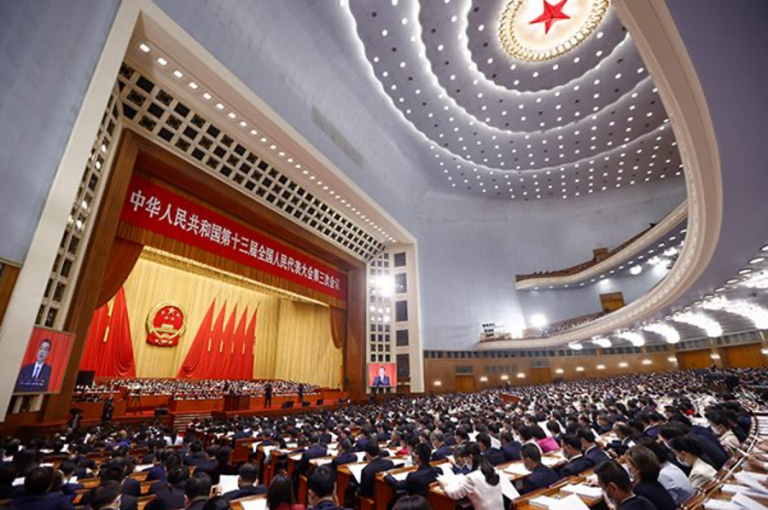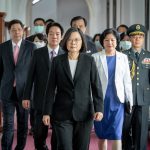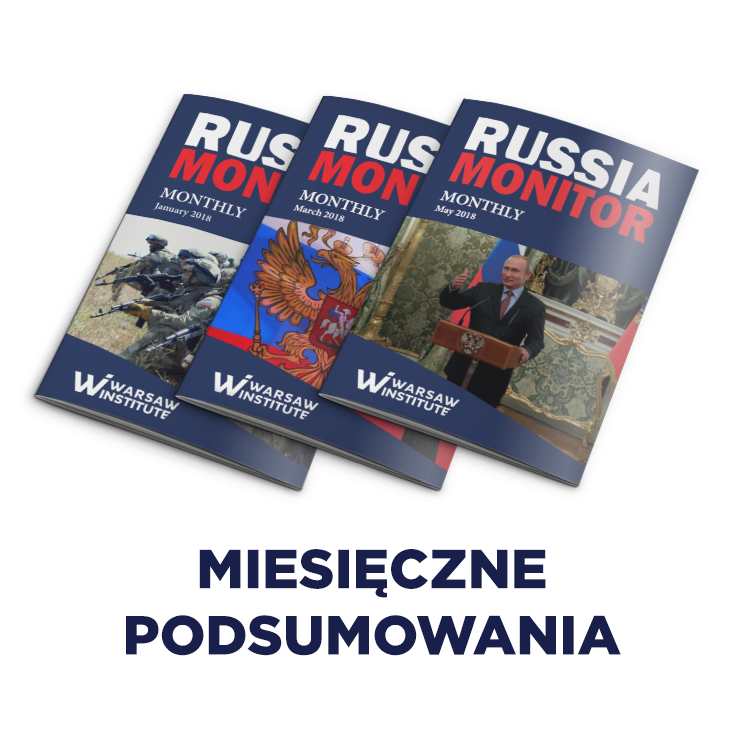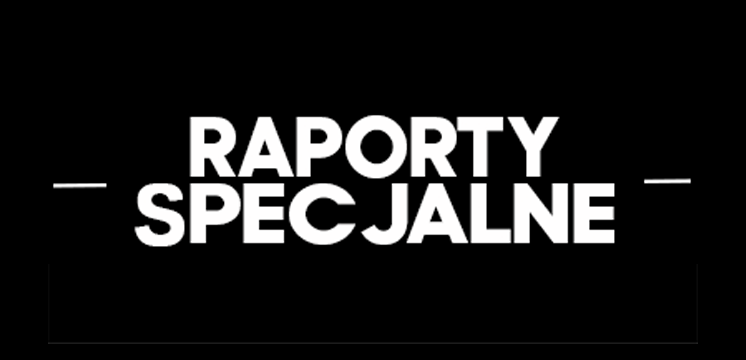CHINA MONITOR
Data: 28 May 2020
Author: Paweł Paszak
The future of Hong Kong after the Chinese parliament sitting
On May 28, during the last day of the 13th NPC Convention, the PRC authorities adopted the National Security Legislation. The amendments are intended to allow for a crackdown on all forms of activity which the central authorities consider to be treason, attempted secession, incitement or “subversive activity”. According to Wang Chen, vice-chairman of the NPC’s Standing Committee, the new law is designed to counteract the activities of external forces that have a destabilizing influence over China. In fact, the legislative changes will be a tool to eliminate the democratic opposition and increase Beijing’s effective control over the situation in Hong Kong. The institutions and formations which will ensure compliance with the new legislation, are to be officially established in the city and remain in control of the central authorities. Should the law come into force, this will mean the de facto end of the “one country, two systems” principle.

Adopting the National Security Legislation should be seen as a delayed response to the wave of democratic protests in 2019. The scale of resistance and the determination of Hong Kong’s citizens to the so-called extradition law, has highlighted to the authorities in Beijing the difficulties arising from democratic freedoms. It also directly undermined the authority of the CPC and Xi Jinping, making the resolution of the situation in the autonomous region a matter of prestige. In times of economic crisis and an associated with it risk of growing social discontent, the communist authorities have to demonstrate that no form of resistance will be tolerated.
Such measures conflict with the Sino–British Joint Declaration from 1984 and the Hong Kong Basic Law, which guaranteed the maintenance of a “capitalist system and lifestyle” and a “high degree of autonomy” until 2047. The current authorities are dominated by the officials loyal to Beijing, which ensures acceptance of the changes adopted by the NPC. In response to criticism from the Western countries, they have expressed their support for the new law through identifying the allegations regarding the violation of international obligations as “alarming speculations”.
Depriving Hong Kong of its special economic status, resulting from its current distinctiveness from mainland China, could be an important leverage over the Beijing authorities. In case of the USA, the Human Right and Democracy Act, signed by President Trump in 2019, provides grounds for such action. On May 27, Secretary of State Mike Pompeo presented a report to the American Congress stating that Hong Kong should no longer be treated as an autonomous region of China. This entails the possibility of applying the same customs standards or limiting capital flows for companies operating in the city. Another measure considered by the authorities in Washington is the imposition of individual economic and visa sanctions on the representatives of the region’s authorities who support the legislation.
Support Us
If content prepared by Warsaw Institute team is useful for you, please support our actions. Donations from private persons are necessary for the continuation of our mission.
Despite Hong Kong’s relatively small share in China’s GDP (2.7%), it plays an extremely important role in capital flows between the PRC and the rest of the world. In 2018, about 58% (USD 70 billion) of Chinese FDI went through Hong Kong. In turn, by the end of 2018, total non-financial Chinese investment in the region reached USD 622 billion. The role of the Stock Exchange of Hong Kong (SEHK) as a vital source of capital cannot be ignored. In 2018, Chinese companies raised USD 64.2 billion through Initial Public Offerings (IPOs) of shares and equity. USD 19.7 billion came from share issues on the Shanghai and Shenzhen stock exchanges and the remainder (USD 35 billion) from the Hong Kong stock exchange. The city also serves as a gateway to the Chinese market for foreign investors. American investment alone is about USD 82 billion and the number of US companies operating in Hong Kong exceeds 1,300. The city constitutes a global financial and trading hub – the annual value of goods passing through the region amounts nearly USD 1 trillion.
For the reasons stated above, the American business community, concentrated in the US Chamber of Commerce, will seek to mitigate the positions of both sides as much as possible, ensuring that their economic interests are protected. Simultaneously, Donald Trump’s administration will be forced to adopt some sanctions, in a form that allows the US to maintain a credible image as the defender of liberal values. Taking assertive steps is also supported by the intensifying presidential campaign whose key element remains the policy towards China. Donald Trump will seek to prove that, unlike Joe Biden, he is able to maintain a hard line against Beijing. It is therefore highly likely that restrictions, limited to raising tariffs and individual sanctions, will be adopted.
Wszystkie teksty (bez zdjęć) publikowane przez Fundacje Warsaw Institute mogą być rozpowszechniane pod warunkiem podania ich źródła.
















